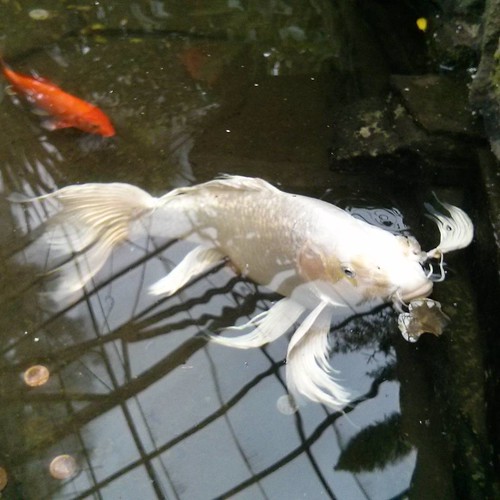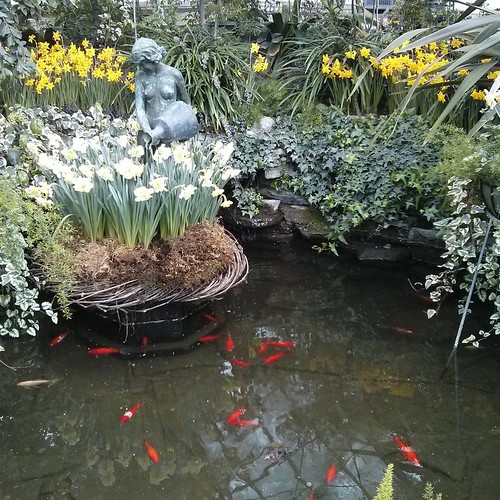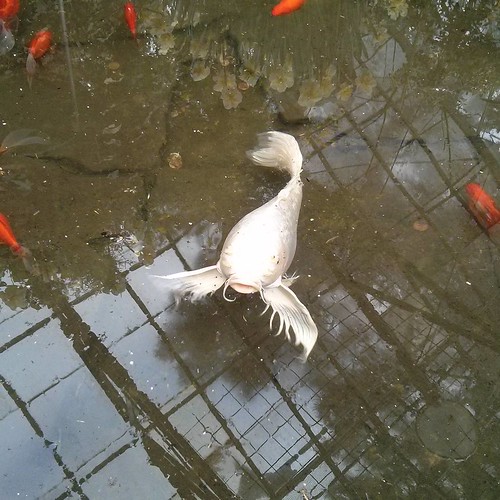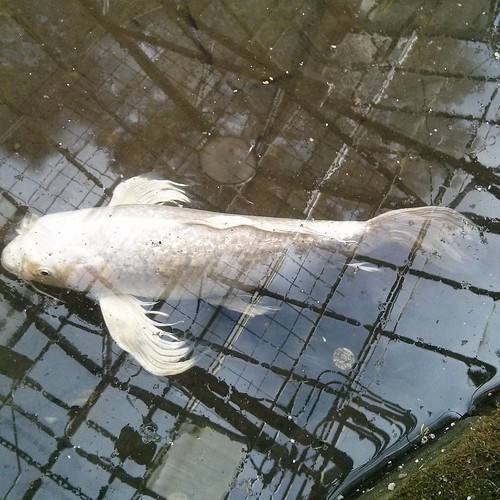[NEWS] Twenty news links
Dec. 23rd, 2019 09:43 pm- NOW Toronto looks at the Pickering nuclear plant and its role in providing fuel for space travel.
- In some places like California, traffic is so bad that airlines actually play a role for high-end commuters. CBC reports.
- Goldfish released into the wild are a major issue for the environment in Québec, too. CTV News reports.
- China's investments in Jamaica have good sides and bad sides. CBC reports.
- A potato museum in Peru might help solve world hunger. The Guardian reports.
- Is the Alberta-Saskatchewan alliance going to be a lasting one? Maclean's considers.
- Is the fossil fuel industry collapsing? The Tyee makes the case.
- Should Japan and Europe co-finance a EUrasia trade initiative to rival China's? Bloomberg argues.
- Should websites receive protection as historically significant? VICE reports.
- Food tourism in the Maritimes is a very good idea. Global News reports.
- Atlantic Canada lobster exports to China thrive as New England gets hit by the trade war. CBC reports.
- The Bloc Québécois experienced its revival by drawing on the same demographics as the provincial CAQ. Maclean's reports.
- Population density is a factor that, in Canada, determines political issues, splitting urban and rural voters. The National Observer observes.
- US border policies aimed against migration from Mexico have been harming businesses on the border with Canada. The National Post reports.
- The warming of the ocean is changing the relationship of coastal communities with their seas. The Conversation looks.
- Archival research in the digital age differs from what occurred in previous eras. The Conversation explains.
- The Persian-language Wikipedia is an actively contested space. Open Democracy reports.
- Vox notes how the US labour shortage has been driven partly by workers quitting the labour force, here.
- Laurie Penny at WIRED has a stirring essay about hope, about the belief in some sort of future.









